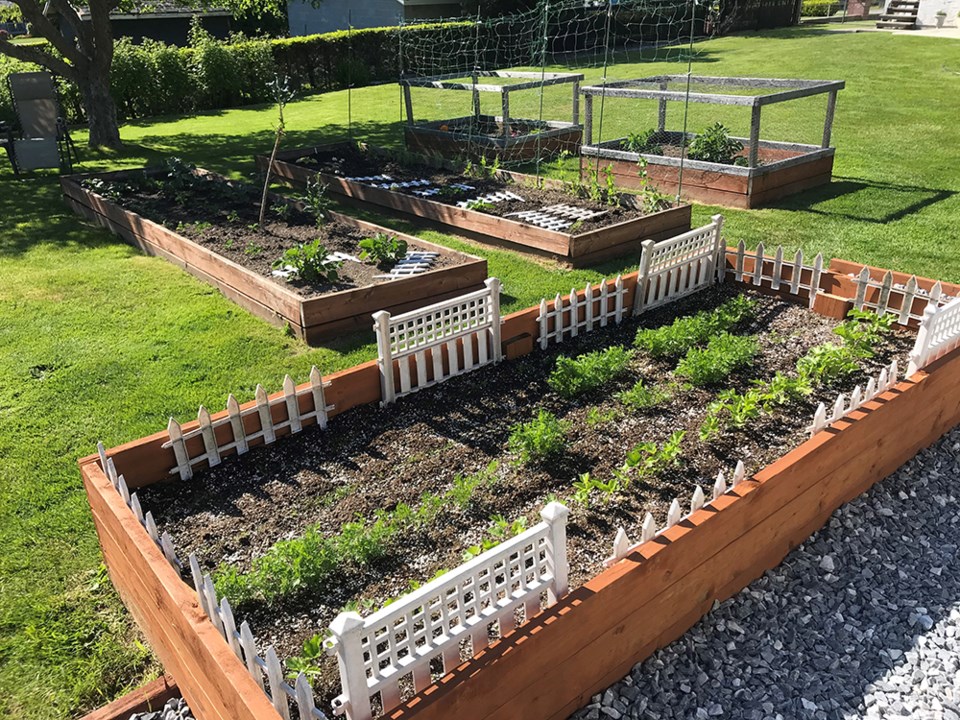The greener your thumb, the greener your footprint. Adding more veggies to your diet likely means lowering your carbon footprint while strengthening your immune system. Sound like a delicious deal?
Whatever your dietary practices, we all know there is a heavy footprint associated with eating meat. Greenhouse gas (GHG) emissions tick up at each step from farm to plate: from deforestation and taking over agricultural lands to raise cattle, to gassy byproducts of cow digestion, to transportation. It is reported that moving toward a vegetarian or vegan diet can reduce our contribution to GHGs by up to 40 per cent.
A vegetable heavy diet needn’t be drenched in tofu or dehydrated sprigs of broccoli. Tasty recipes abound.
If you think your kids don’t like broccoli, chances are they’ve just never savoured a fresh-picked floret from a sun-drenched garden. Sweet and densely nourishing, the body seems to recognize it down to the taste buds.
If you haven’t gotten your toes in the dirt this season, or any for that matter, there is still time. West Coast Seeds’ planting guide whispers that late May in Coastal BC is great for directly seeding into the ground this cornucopia of veggies: arugula, spinach, broccoli, bush and pole beans, peas, cabbage, kale, carrots and beets.
Growing leafy greens in the Brassica family such as kale, collards and broccoli is particularly rewarding as even newbies are nearly guaranteed success. These resilient, cold-hardy plants give an abundance of crops over several seasons, even surviving over the winter and bouncing back with new leaves and florets in the early spring before a newly planted crop starts producing.
Planting a few veggies in a small plot, be it in your backyard, on a balcony, or a friend’s garden bed is well worth the effort. Reconnecting to the natural cycle of what the earth is doing in perpetuity develops a deeper sensitivity to what sustainability really means. Children who spend time with dirt under their nails are more likely to grow into adults who relate to the planet’s resources with respect. This is one of the best education funds to invest in for the generations to come.
Nutrition affects the immune system. At a time when we are increasingly aware of the importance of immune health, many are turning to nutrient-dense greens and herbs to support robust wellness. Green foods from kale to bok choy assist the gut and the skin’s intraepithelial lymphocytes (IELs) to function properly. Popeye may just have had it right.
However you put the greens on your plate, the planet and your body are sure to give your choice two green thumbs up!
Plan to plant this season.
Let’s Talk Trash is qathet Regional District’s (qRD) waste-reduction education program. For more information, email [email protected] or go to LetsTalkTrash.ca.



